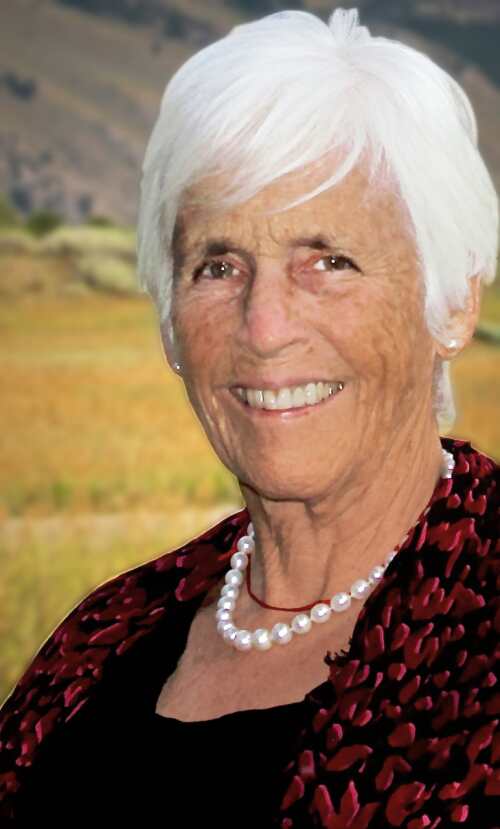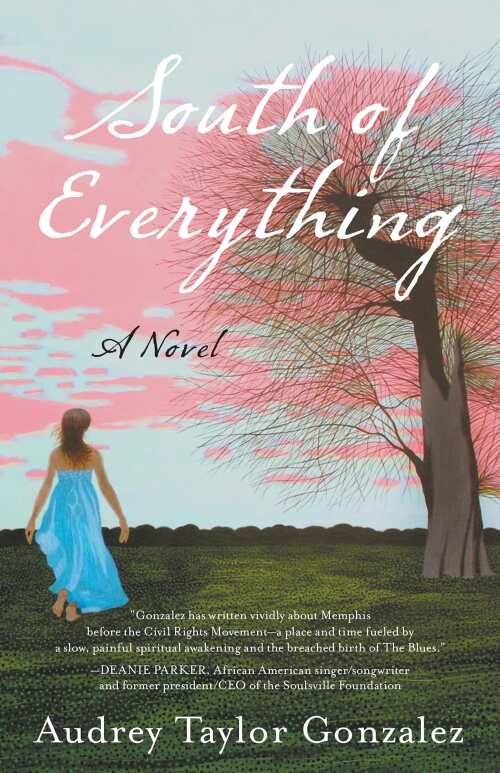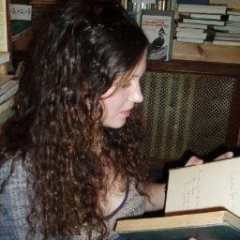'South of Everything' is Foreword's INDIEFAB Editor's Choice for Fiction
In her first novel, minister Audrey Taylor Gonzalez captures suburban Memphis in the period between World War II and the Civil Rights Movement, when, though circumstances challenged all, fairness and love were still principles that shaped young minds. The story draws from the author’s own life, weaving in impressions of entrenched racism and the ability of the young and hopeful to overcome it, and of the magic that surrounds all people who navigate the world with open hearts.
With breathtaking description, the musicality of magical realism, and the winding nature of bygone Southern stories, South of Everything made an immediate impression upon the editors at Foreword Reviews. Awarding it the INDIEFAB Editor’s Choice Prize for Fiction was an easy, happy choice, and our delight only continued when we had a chance to ask the author some questions about her work.
What does the Memphis described in your book—a place where “God lost his geography,” and where magic is prevalent—have in common with the Memphis you grew up in, and the Memphis you live now?

Audrey Taylor Gonzalez

Missy’s farm was just outside Memphis, in the rolling countryside, when horse, cattle, and cotton took up most of the place. The environment was real as described, seen through the eyes of a child. It was all Missy’s for the playing. No one worried if you were a mile down the driveway. Nothing would happen. Sadly, it’s not so today. Memphis is out of control, it is one of the most dangerous cities in the country, and it is divided by racism and high versus low society, rich versus poor, even though there is, supposedly, a church on every corner which should round up people with love. It is also the Deep South, the Delta, and we eat pork barbecue, biscuits, turnip greens, black-eyed peas, and cornbread no matter what your religion or status in life. It is home of 80 percent of the poverty in Tennessee, so Memphis is often considered a smudge on the southwest corner of the state, when it comes to governmental funding. Yet, we are givers and there are major efforts to take care of our own. But, there is no more of that innocence of Missy’s childhood. And no one is safe to wander down a dirt road alone, even with a hound dog on your heels.
From where did you draw inspiration for the more magical and mythical moments of your novel, such as the Lolololo tree and the sorcery around it, and Old Thomas’s stories?
The Lolololo tree and the mystical things just came from my faith, my soul, my creativity. I wrote the original novel in Uruguay thinking about my youth: the people who took care of me and taught me how to be independent, how to have manners and how to create a solid foundation for my beliefs, even if they were slightly askew and weird, but they were all based on God and Jesus. Old Thomas, Mammyrosy, Reddaddy—they are characters in South of Everything, but they are also real people who taught me how to love, Jesus-style. I was and never have been much of a reader. But I’ve always been a good listener. So Old Thomas told us stories when he drove my brother and I to and from school, which was about a half hour away since we lived in the country, and a lot of the stories made it into the book in one way or another.
You are both a minister and a writer. What do these two career paths have in common, if anything?
I’m a priest first, but I’ve also always been a writer. I started at Hollins College under renowned American literary scholar and critic Luis D Rubin Jr, and edited a satirical magazine called Sour Grapes. Then I became a journalist and wrote for the newspaper in Memphis when I traveled around Africa alone at age 21 because I wanted people in Africa to know we weren’t all racist. That’s always been in my head and heart. I believe in inspired writing—I often have no idea where it comes from. And this continues when I write sermons. I do write my sermons based on the readings of a particular Sunday. It is an amazing experience for me because I have no idea where the words and ideas come from other than from above. In the writing, I discover who I am and where the next road I am bound to go down in my spiritual life.
Can you talk a little about the experience of working with She Writes Press to bring South of Everything to print?
I had several agents and traditional publishers interested in my book, but I didn’t want to make some of the changes they requested, because this book is based on my life and the people I loved in it and I didn’t want to compromise on anything. So She Writes was a great choice for me because it allowed me to control the edit, book cover design, and the production process. Their distribution deal with Ingram also offsets some of the challenges of it being a hybrid press, which some media still don’t recognize as a “bonafide” publisher. Save for production and distribution though, you’re pretty much on your own as an author, but She Writes offers a strong community to support authors in their marketing efforts.
What projects—writing or otherwise—are you working on next?
I love blogging when I travel to share my adventures with family and friends who maybe cannot go to all the exotic and strange places I’ve been to. Hopefully, I am aiming to produce a book Living Dangerously After 68 to incorporate the travel blogs. There is also part two of South of Everything which will incorporate Missy Sara’s life from about age 16 till 18 and will include her quests and tasks that take her to Africa. I also hope to write a book about working in prisons, particularly with juveniles, a passion of mine that started in Uruguay when I volunteered at the Maximum Security Men’s Prisons. In Memphis I am very involved with seeking alternative initiatives for youth so they don’t have to endure the trauma of being locked up in juvenile detention. I work in the prisons here and after five years founding and running Foster Care Review Boards, I became chaplain of Juvenile Court and, more wonderful, of the Memphis Police Department North Main Precinct. It’s my world, it seems, a long ways from the innocence of childhood. I hope we can find solutions to why our youth engage in crime and violence, in other words, where was their childhood lacking in love and hope.
What is the best advice you’ve ever received as a writer?
Revise Revise Revise. Even after something is published, I’m still anxious to revise and correct errors. There are always errors. As a young inspired journalist back in the early ‘60ties, the managing editor was sort of gruff and I was the first woman on city desk. He yelled across the room in a loud voice, “If you don’t learn to spell ‘diarrhea’ I’m going to demote you to copy girl.” I was never a good speller and now that I’m fluent in Spanish, I’m even worse at it.

Michelle Anne Schingler is associate editor at Foreword Reviews. You can follow her on Twitter @mschingler or e-mail her at mschingler@forewordreviews.com.
Michelle Anne Schingler
